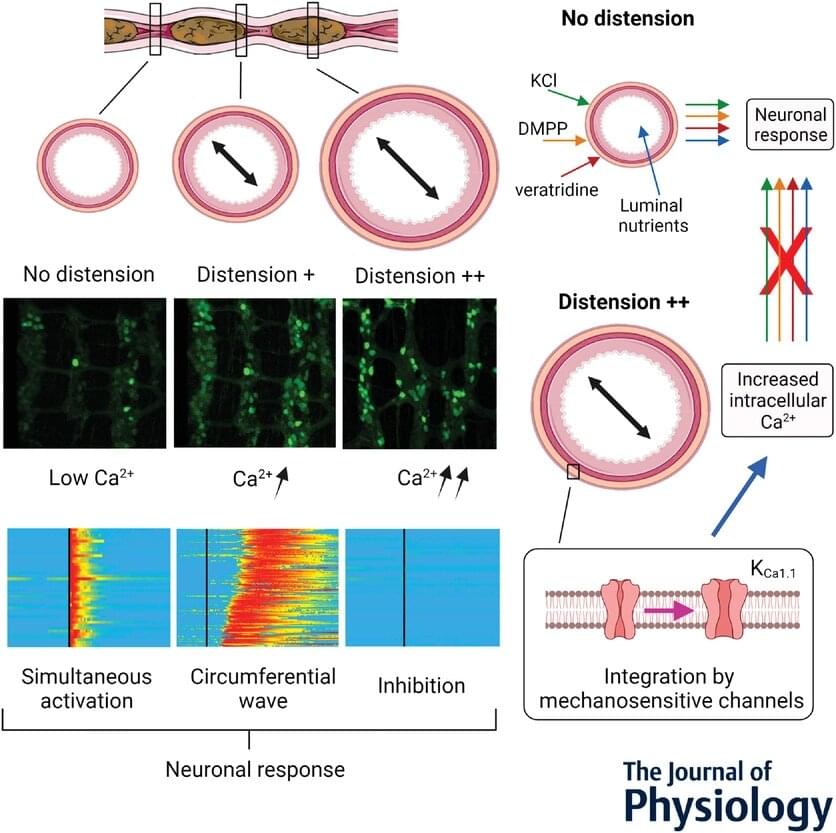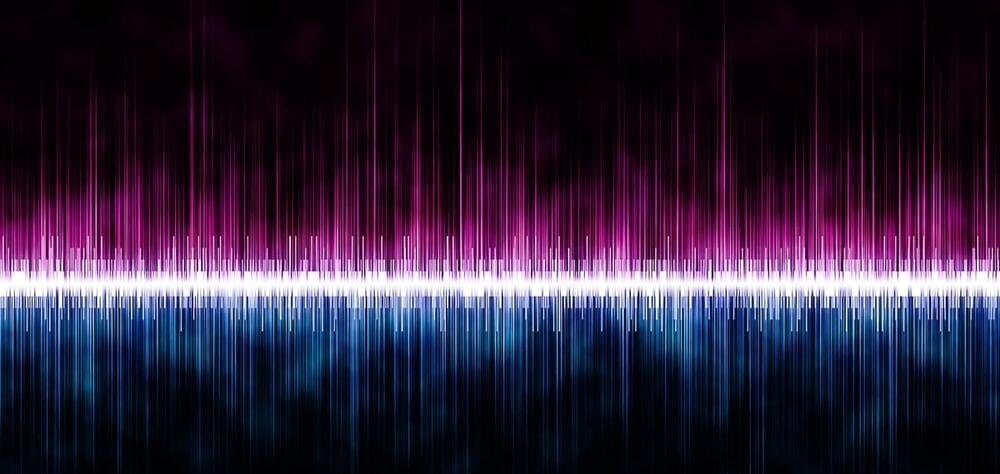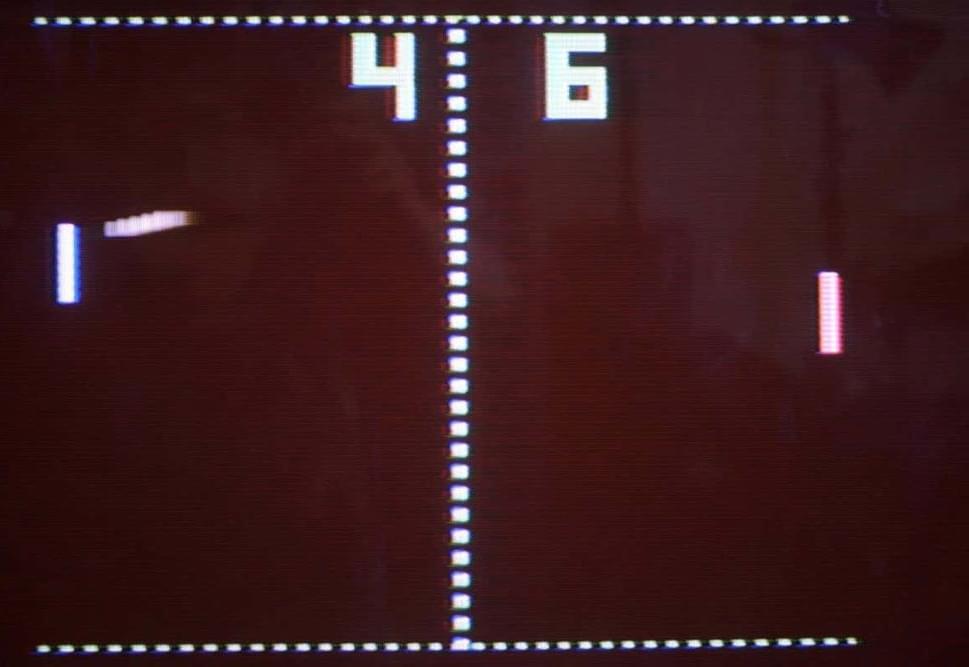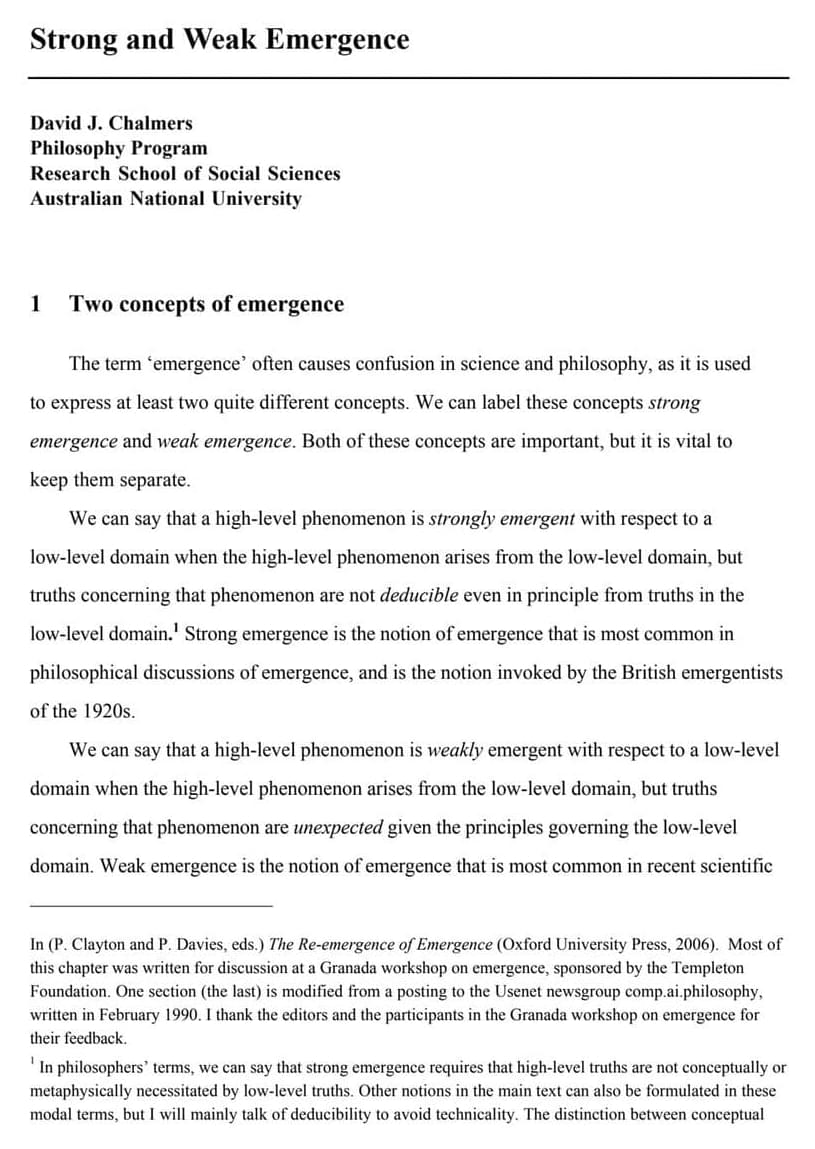University of Calgary researchers designed a novel imaging and experimental preparation system, allowing them to record the activity of the enteric nervous system in mice. The new technique allows researchers to record what is sometimes referred to as the gut’s brain during the complex processes of digestion and waste elimination.
“This completely different way of conducting experiments allows us to better understand the complexity of the nerve interactions that are regulating and coordinating the responses by the gut’s nervous system,” says Dr. Wallace MacNaughton, Ph.D., co-principal investigator. “It opens up new avenues for us to understand what’s really going on, and that’s going to help us understand gastrointestinal diseases and disorders a lot better.”
Neurons, or nerve cells, embedded in the wall of the gut precisely control its movements. The team used mice genetically encoded with fluorescent labels, so the neurons in the gut’s nervous system would “light up,” glowing green under microscopes, whenever the neurons were activated. The images are already providing new insights.









